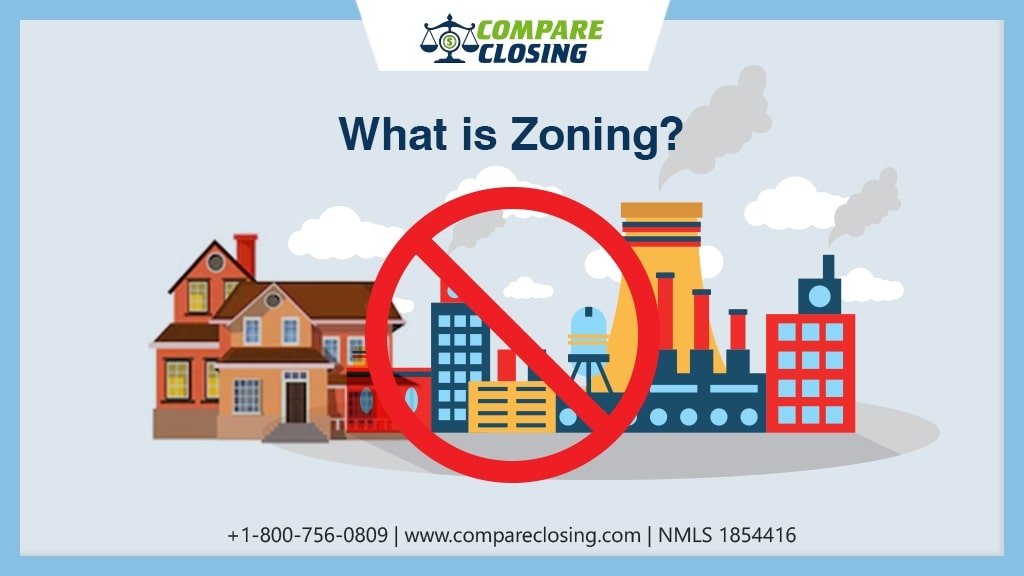
Understanding Zoning Laws: What Homeowners Should Know
Owning a home is part dream, part investment, and part navigating a maze of regulations. Among these rules, zoning laws play a crucial role in shaping our neighborhoods and how we use our property. Yet, despite their impact, many homeowners find zoning regulations mystifying. In this article, we will shed light on what zoning laws are, their purpose, and how they can affect you as a homeowner.
Breaking Down Zoning Laws
Zoning laws are local ordinances that define how property in specific geographic zones can be used. These laws are the groundwork for city planning, determining the layout of neighborhoods, commercial districts, industrial areas, and public spaces.
Think of zoning laws as the recipe for a well-functioning community; just like in a recipe, every ingredient—or in this case, zone—has its place. This ensures that homes aren’t built next to factories, schools are where families live, and stores are put where shopping is convenient.
The Purpose of Zoning Laws
The primary goal of zoning laws is to promote an orderly pattern of development within a community, balancing growth with quality of life. These regulations aim to protect property values, preserve the character of a community, and ensure that land is used efficiently.
Understanding the Types of Zones
Let’s break down the typical types of zones you might encounter:
- Residential: This zone is for homes and apartments. Depending on the rules, it might only allow single-family homes or could include multi-family units.
- Commercial: Businesses thrive here. Shops, offices, and restaurants are common sights in commercial zones.
- Industrial: Factories, warehouses, and other heavy-duty businesses are found in industrial zones, often away from where people live.
- Agricultural: Farmland and related activities are preserved in these zones, maintaining space for greenery in or around a community.
- Mixed-Use: These zones are versatile; you might see homes, shops, and offices all in one spot, promoting a walkable neighborhood.
How Zoning Affects Homeowners
Zoning laws influence several aspects of homeownership, from home-based businesses to renovations. Here are key areas where knowing your zone matters:
Building a New Home or Addition
If you’re looking to build your dream house or tack on an extra room, zoning laws dictate the size and placement of your home, known as “setbacks.” These rules keep a balance between properties, ensuring you’re not building too close to your neighbor’s house or encroaching on public land.
Operating a Business from Home
With more people working remotely, home-based businesses are trending. Before turning your living room into a showroom, check your zoning. Not all zones allow commercial ventures, and even if they do, there could be restrictions on signage, parking, and the amount of space your business can use.
Renting Out Space
Whether it’s through a long-term lease or a short-term rental platform, renting out part of your home can be a great income source. However, local zoning may have a say in whether or not you can become a landlord and how your rental operates.
Navigating Zoning Regulations
Sounds complicated? Don’t worry. Here’s how to simplify your zoning journey:
Know Your Zone
The first step is to identify your property’s zoning classification. This information is typically available through your local government’s website or planning department. Understanding your zone will give you a clear picture of what you can and cannot do with your property.
Plan Ahead
If you’re pondering a property upgrade or a new use for your space, consult your zoning laws early on. Engaging with local planning offices or consulting with a land use attorney can save you from headaches and costly mistakes down the line.
Variances and Special Permits
If your plans don’t align with your current zoning, don’t lose hope. You might be eligible for a variance—a special permission to deviate from zoning rules—or a special use permit that allows for your particular project.
Stay Informed on Changes
Zoning laws are not set in stone. They change as communities grow and evolve. Keeping up with public hearings and zoning board meetings can keep you in the loop and allow you to voice your opinion on potential changes.
Conclusion
Zoning laws are there to help create harmonious communities. As a homeowner, understanding these regulations can empower you to make informed decisions about your home and investments. Remember that zoning is a community effort, and your input can shape the future of your neighborhood. Stay informed, be proactive, and view zoning laws as a roadmap to not just living, but thriving in a place you can truly call home.